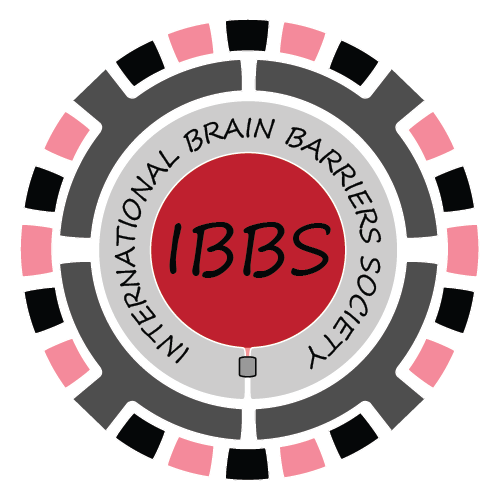The Wyss Institute for Biologically Inspired Engineering at Harvard University invites applications for a postdoctoral fellow position in the Brain Targeting Program (BTP). The position will focus on the discovery of new targets and engineered transport vehicles to carry therapeutic and diagnostic payloads into the brain. This position is an exciting opportunity to combine cutting edge, hands-on academic research with the strategic considerations of technology translation and product development.
The Wyss Institute’s BTP, co-led by Donald Ingber, M.D., Ph.D., and James Gorman, M.D., Ph.D., is using novel proteomics and transcriptomic studies, coupled with a discovery platform that leverages novel human Organ Chips and other in vitro models of the blood-brain barrier (BBB) to develop improved methods of transport across the human BBB into the central nervous system (CNS) (https://wyss.harvard.edu/technology/brain-targeting-shuttles-for-drug-delivery-and-diagnostics/). One of its core projects is a target discovery effort directed to identifying proteins on the BBB endothelial cell surface that are highly expressed and are enriched compared to the same protein on endothelial cells from other organs. These proteins will be evaluated for their potential to transport cargoes across the BBB by one of several mechanisms. They will then be tested to validate and prioritize them for the generation of antibody shuttles that bind to them. We are currently developing novel antibody shuttles directed against several known Ab shuttle targets. These will be tested in the human-cell based assays, in the state-of-the-art human in vitro BBB-Chip model, and eventually in humanized mouse models. The Wyss team is collaborating with several biopharmaceutical companies and other academic institutions to advance the Brain Transport Program. As part of this effort, we are exploring engineered transport vehicles to transport payloads such as anti-sense oligonucleotides into the brain, and methods to reversibly open the BBB in a targeted fashion to promote localized uptake of drugs to sites of neuropathology. Another exploratory project is developing an Alzheimer’s-on-Chip model to study the role of the BBB in Alzheimer’s Disease. The Brain Targeting Program is part of the Ingber lab’s Bioinspired Therapeutics and Diagnostics platform, which includes more than 20 Organ-on-Chip models and related projects. The group is collaborative and collegial and has extensive interactions between projects, people, and institutions.
The mission of the Wyss Institute for Biologically Inspired Engineering at Harvard University is to transform human healthcare and the environment by emulating the engineering principles found in nature. Developed as an alliance between Harvard and other premier academic and clinical partner institutions, Institute faculty and staff collaborate in high-risk, fundamental research, and science-driven technology development. A major focus of the Institute is to translate the technologies developed by its faculty and staff into commercial products and therapies through collaborations with clinical investigators and establishment of corporate alliances and launching startup companies. For more information, visit: http://wyss.harvard.edu/.
We seek outstanding postdoctoral applicants with expertise and/or interest in problem-driven research, targeted delivery, therapeutic/diagnostic discovery, BBB biology and its transport mechanisms, and biomarker discovery to join our interdisciplinary team of biologists and engineers. Applicants are expected to hold a Ph.D. or M.D. and have a record of high-quality publications in relevant fields. Strong interest in contributing to multidisciplinary teams that include engineers, biologists, physiologists, drug developers, and others is critical for this position. The ideal candidate would bring expertise in transcriptomic and proteomic research, biomarker discovery, BBB transport, and nanocarrier engineering, with interest in applying this expertise towards the development of novel brain transport approaches and therapeutics. The successful candidate will be responsible for leading brain transport and target discovery efforts, and exploring new methods to transport drugs using the new targets. The candidate will be expected to work independently under the mentorship of senior staff scientists and faculty to design experiments, learn new skills, troubleshoot, take scientific leadership of a significant part of the project, and train junior researchers. In addition, the candidate must function well in a team-oriented environment with other scientists and researchers at the Institute as well as external collaborators.
Applications, assembled as single PDF files, should contain a complete resume, cover letter describing research interests and goals, full list of publications, copies of up to three relevant scientific papers, and the names and contact information of three references, who may be asked to provide letters of recommendation. Applications should be sent to
Harvard University is an equal opportunity employer and all qualified applicants will receive consideration for employment without regard to race, color, religion, sex, national origin, disability status, protected veteran status, gender identity, sexual orientation, pregnancy and pregnancy-related conditions, or any other characteristic protected by law.




